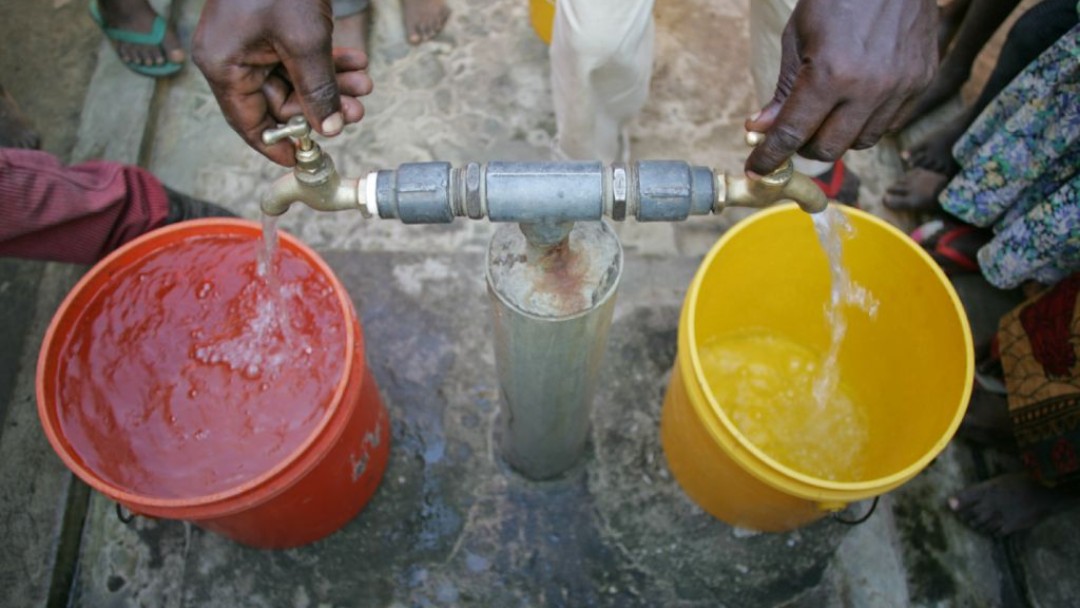News from 2015-12-22 / KfW Development Bank
Aid for refugees in Tanzania
KfW supports World Food Programme projects
Since the start of the year, political upheaval has driven almost 120,000 people from Burundi to Tanzania, which is already hosting around 65,000 refugees from the Democratic Republic of the Congo. This has prompted the Tanzanian government to reopen three former refugee camps in the north-west of the country. The Burundian and Congolese refugees are being supplied with provisions by the World Food Programme (WFP). KfW Development Bank is providing EUR 14 million to support the WFP's work on behalf of the German Federal Ministry for Economic Cooperation and Development (BMZ).
The number of people seeking refuge in Tanzania is expected to rise further still in the long term. There is no end in sight to the flow of people following the renewed outbreak of the conflict in Burundi. The Office of the United Nations High Commissioner for Refugees (UNHCR) expects the total number of refugees to hit around 220,000 by the middle of next year. These people leave all of their belongings behind for the journey to Tanzania, and are completely dependent on the UN's support. Many of the Burundian refugees already come from regions where the supply of food is unreliable, as a result of which the children in particular suffer from the effects of malnutrition and undernourishment.
"The money from Germany allows us to not only support the refugees but also promote the local economy," stressed WFP Representative Richard Ragan at a press conference held in the Tanzanian capital Dar es Salaam. According to Mr Ragan, part of the WFP's strategy is to "also involve the local markets. Maize, which is a staple of the food rations, is bought locally in Tanzania."
Special, fortified food for children and mothers
The German funds allow the WFP to supply food rations to more than 180,000 refugees for five months. The rations contain maize, beans, vegetable oil, salt, flour, soy and wheat. At the same time, 26,000 children and 9,900 expectant and nursing mothers receive special, fortified food in order to prevent the symptoms of malnutrition.
"We are working with the World Food Programme to help Tanzania meet the refugees' basic needs," said Dr Helmut Schön, Director of KfW's office in Dar es Salaam.
KfW Development Bank and the World Food Programme have been working closely together for years to safeguard the nutrition of populations in regions hit by crises and natural disasters in particular. Another aim is to improve people's ability to cope with crises such as droughts.


Share page
To share the content of this page with your network, click on one of the icons below.
Note on data protection: When you share content, your personal data is transferred to the selected network.
Data protection
Alternatively, you can also copy the short link: https://www.kfw-entwicklungsbank.de/s/enzBWrMC.BOnA
Copy link Link copied